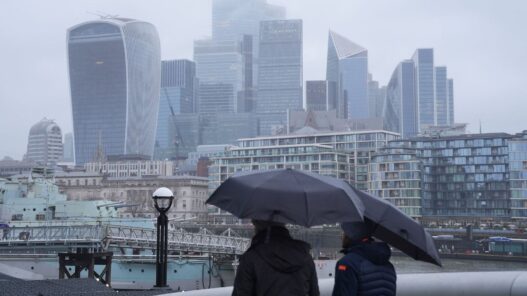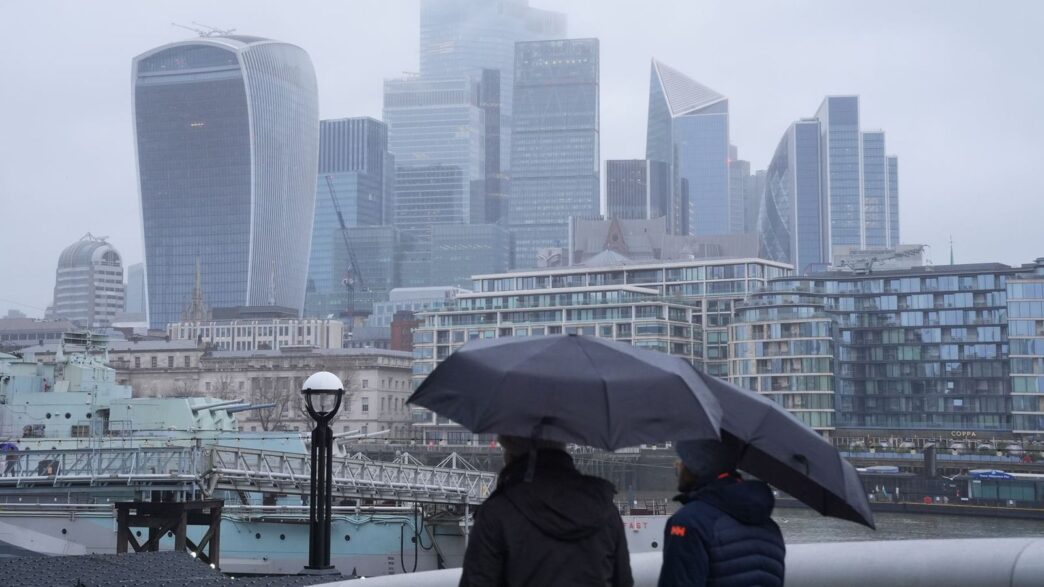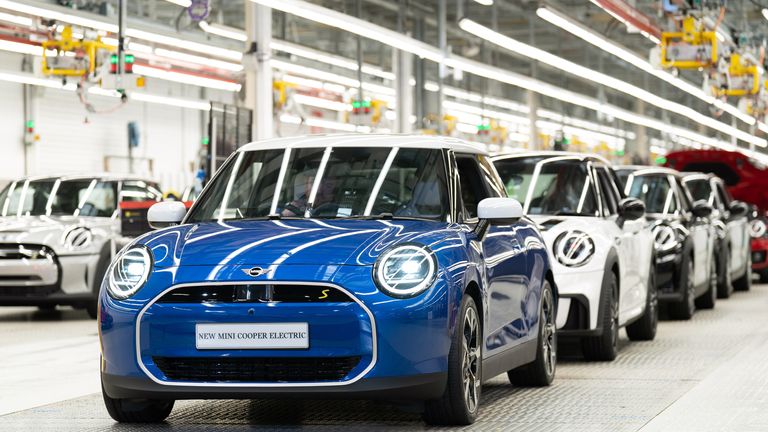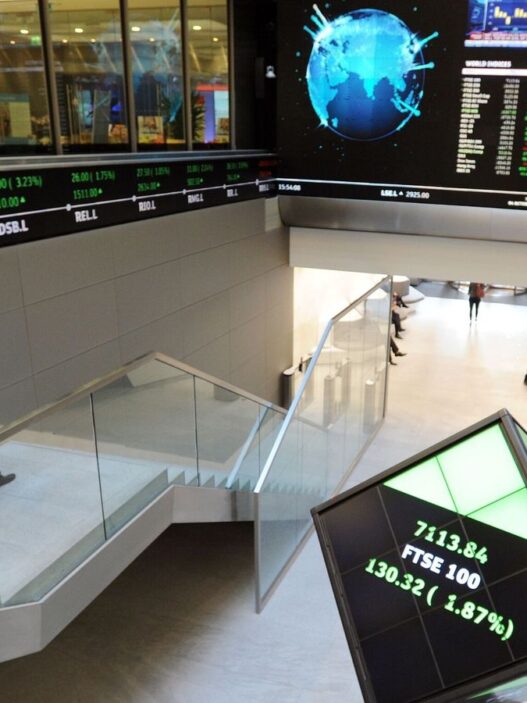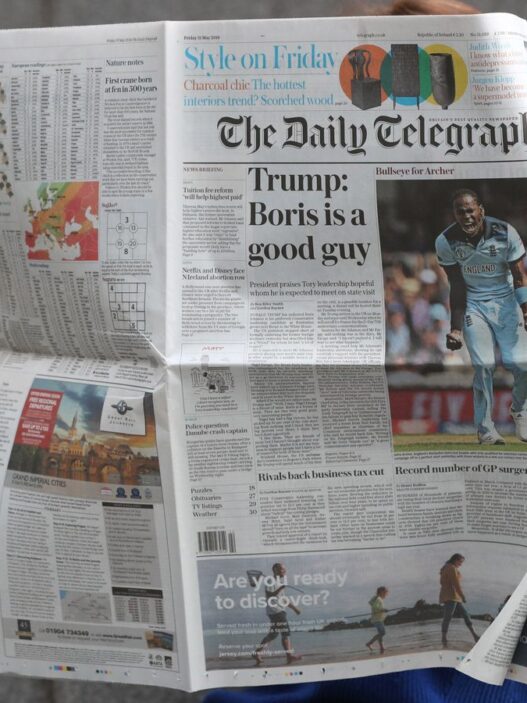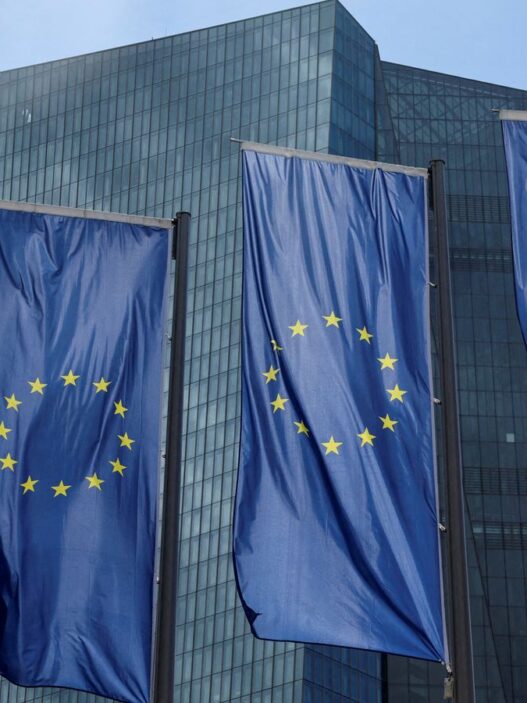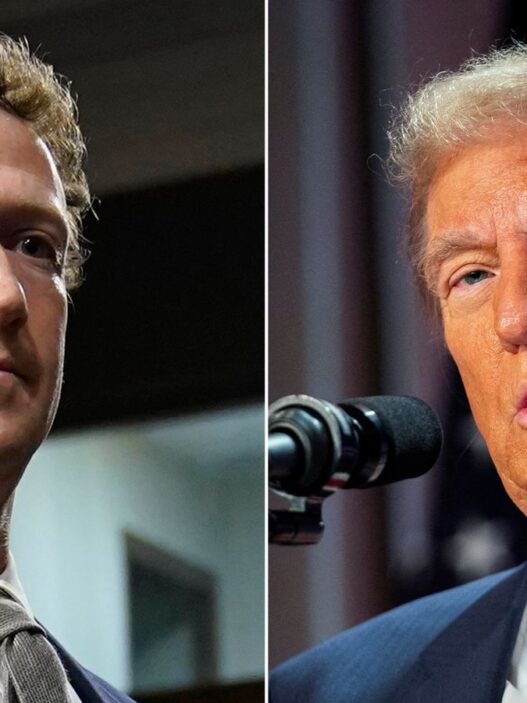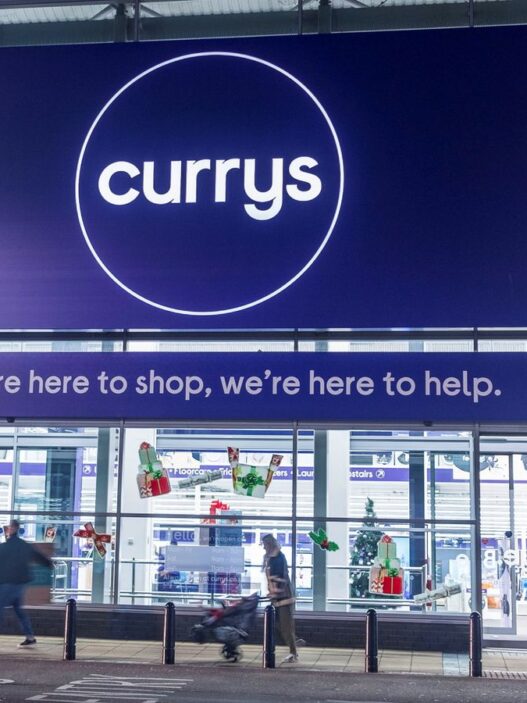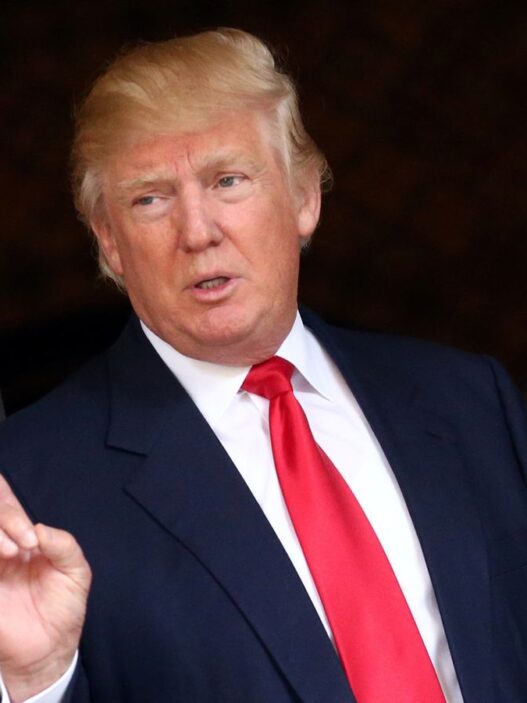Britain’s economy will be among the hardest hit by the global trade war and inflation is set to climb, the International Monetary Fund (IMF) has warned – as it slashed its UK growth forecast by a third.
In a sobering set of projections, the Washington-based organisation said it was grappling with “extremely high levels of policy uncertainty” – and the global economy would slow even if countries manage to negotiate a permanent reduction in tariffs from the US.
Echoing earlier warnings about the risks to the global financial system, the IMF said stock markets could fall even more sharply than they did in the aftermath of Donald Trump‘s “Liberation Day” tariffs announcement, when US and UK indices recorded some of their largest one-day falls since the pandemic.
It comes as Chancellor Rachel Reeves prepares to meet her US counterpart Scott Bessent at the IMF’s spring gathering in Washington this week.
She is hoping to negotiate a reduction to the 10% baseline tariff the US president has applied to all UK goods. Steel, aluminium and car exports face an additional 25% tariff.
Money latest: Trump’s ‘major loser’ attack on Fed chair sparks market alarm
The IMF presented a range of forecasts in its latest World Economic Outlook. Its main case looked at the period up to 4 April, after Mr Trump announced sweeping tariffs on countries across the world, ratcheting up US protectionism to its highest level in a century.
If the president were to revert to this policy framework, global growth would fall from 3.3% last year to 2.8% this year, before recovering to 3% in 2026.
In January, the IMF was predicting a rate of 3.3% for both years.
Nearly all countries were hit with downgrades, with the US expected to grow by just 1.8% this year, a downgrade of 0.9 percentage points.
Mexico was downgraded by 1.7 percentage points, while China and Canada are forecast to slow by 0.6 percentage points and Japan by 0.5 percentage points.
The UK economy is expected to grow by just 1.1% this year, down 0.5 percentage points from the 1.6% the IMF was predicting in January. Growth picks up to 1.4% next year, still 0.1 percentage points lower than the January forecast.
Along with recent tariff announcements, the IMF blamed the UK’s poor performance on a rise in government borrowing costs, which has in part been triggered by growing unease among investors over the fate of the US economy.
When borrowing costs rise, the chancellor has to rein in public spending or raise taxes to meet her fiscal rules. That can weigh on economic growth.
It also pointed to problems in the domestic economy, mainly “weaker private consumption amid higher inflation as a result of regulated prices and energy costs”.
In a blow to the chancellor, the IMF warned that the UK would experience one of the largest upticks in inflation because of utility bill increases that took effect in April.
It upgraded its inflation forecast by 0.7 percentage points to 3.1% for 2025, taking it even higher above the Bank of England’s 2% target and deepening the dilemma for central bankers who are also grappling with weak growth.
Read more:
Can Reeves come up trumps in Washington?
Trump’s tariffs to have major global impact
Meanwhile, inflation in the US is likely to jump one percentage point higher than previously forecast to 3% in 2025 on the back of higher tariffs.
The IMF forecast period ended on 4 April. That was before the US president paused his reciprocal tariffs on countries across the world while ratcheting up levies on China.
In a worrying sign for finance ministers across the world, as they attempt to negotiate a deal with the US administration, the IMF said the global economy would slow just the same if Mr Trump were to make his temporary pause on reciprocal tariffs permanent.
That is because higher tariffs between the US and China, which together account for 43% of the global economy, would have spillover effects on the rest of the world that offset the benefits to individual countries.
“The gains from lower effective tariff rates for those countries that were previously subject to higher tariffs would now be offset by poorer growth outcomes in China and the United States – due to the escalating tariff rates – that would propagate through global supply chains,” the IMF said.

